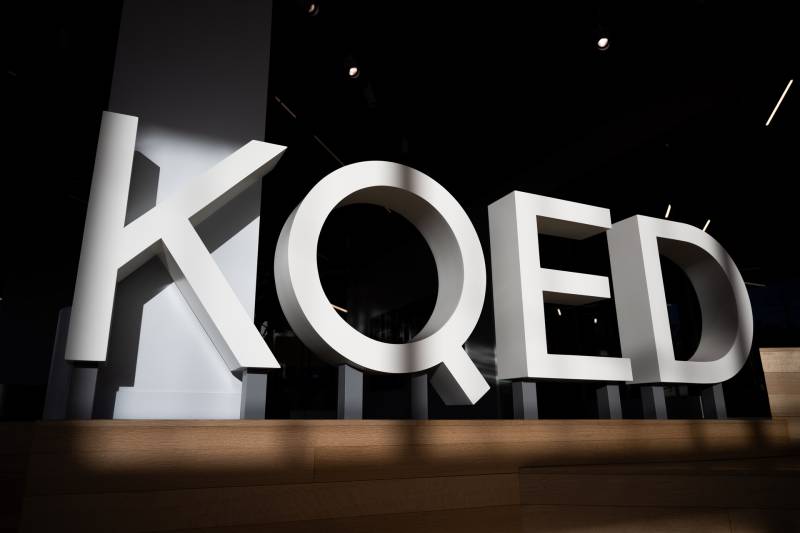But Harshaw said the deep reporting that went into the series wasn’t always possible to sustain with a weekly show.
“It’s not easy to convince people — young folks of color, young Black folks — to listen to your public media station,” Harshaw said. “It’s difficult to bring people into a place where they feel like they’ve been told not to go for so long.”
Jen Chien, KQED’s director of podcasts, said the show’s audience numbers have seen “an overall downward trend.” The decision to end it is “not a judgment on the quality of the show, or of the capacity or talents of the team that makes it.”
“It’s about making strategic decisions during a time of financial distress,” she said.
When asked whether canceling Rightnowish reflected a retreat from KQED’s commitment to representing diverse voices, Isip defended the decision. He pointed to the company’s $1.9 million acquisition last year of Snap Judgment, which produces the podcasts Snap Judgment and Spooked, as evidence.
“The reality is, we’re investing in productions that will drive audience and growth,” Isip said, “and [Rightnowish] wasn’t hitting our goals.”
In an effort to drive digital growth, Isip said the company recently launched the KQED Studios Fund, a $10 million initiative to grow podcasts and online video production that will focus on “stories and programs rooted in the Bay Area.”
As KQED looks for ways to monetize its digital content, Isip said the local news outlet is entering “uncharted territory.”
“We’re still serving our broadcast audiences, which gives us some financial stability, and that gives us a time to experiment and expand into these digital platforms,” Isip said. “It’s not an all-or-nothing proposition for us.”
Other budget cuts include automating overnight radio master control, reducing the maximum amount of paid time off employees can build up and shrinking daytime security staffing by one officer. The company will also not renew its leases for its satellite office and signage in downtown San José, a decision Isip said would not impact the outlet’s South Bay news coverage.
The budget reductions come as the station has completed a major $140 million expansion, which included a $94 million renovation of its headquarters in San Francisco and a $45 million investment in its programming and services.
It’s the second round of layoffs within four years. The public media nonprofit laid off 20 employees in 2020 amid a decline in corporate sponsorship.
KQED’s staff cuts announced Thursday were the latest to hit public media outlets across the country. On Wednesday, GBH in Boston announced it would lay off 31 employees. That follows similar news from WBEZ in Chicago, American Public Media, WBUR in Boston, KPCC and KCRW in Southern California and Colorado Public Radio, among others.

